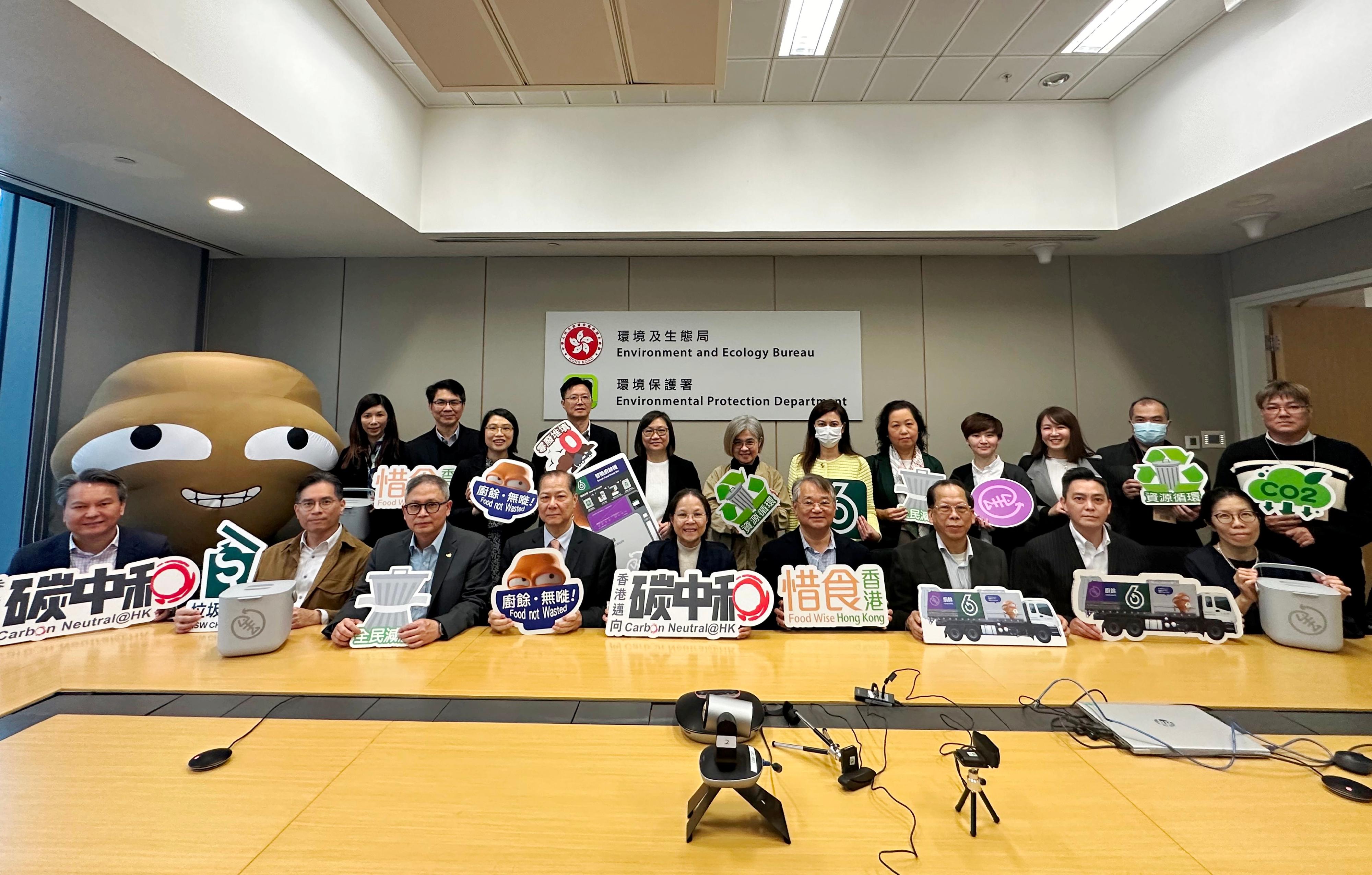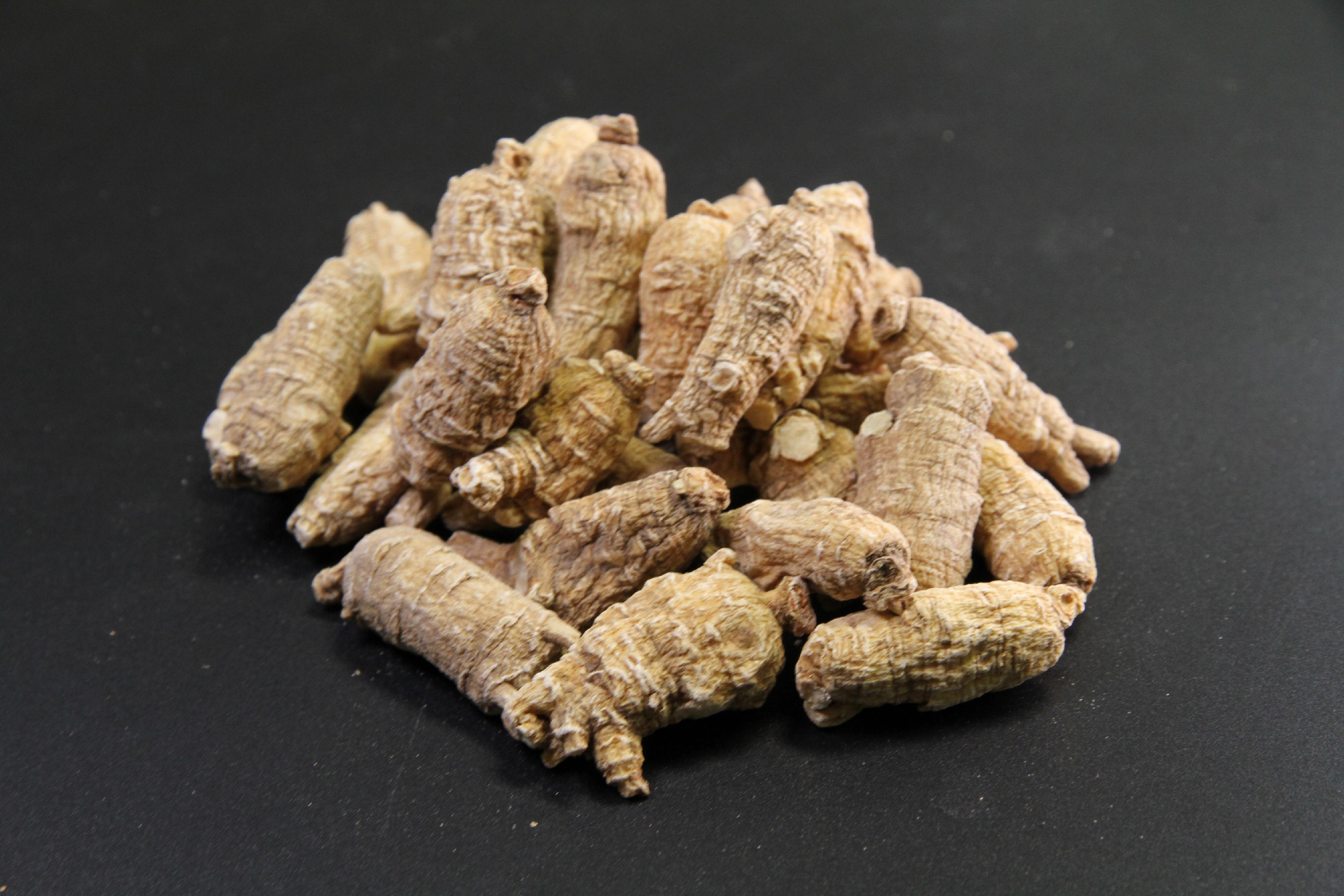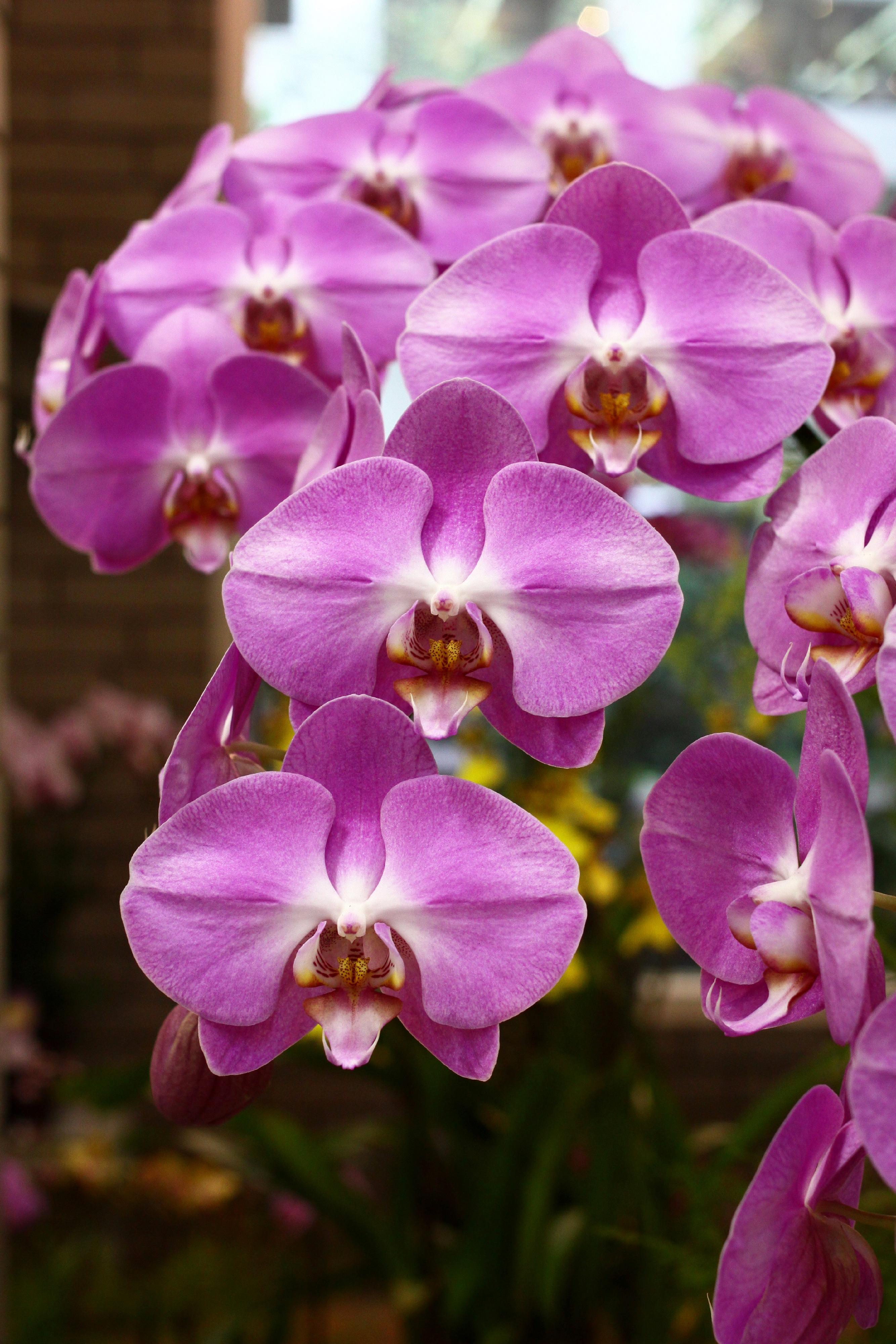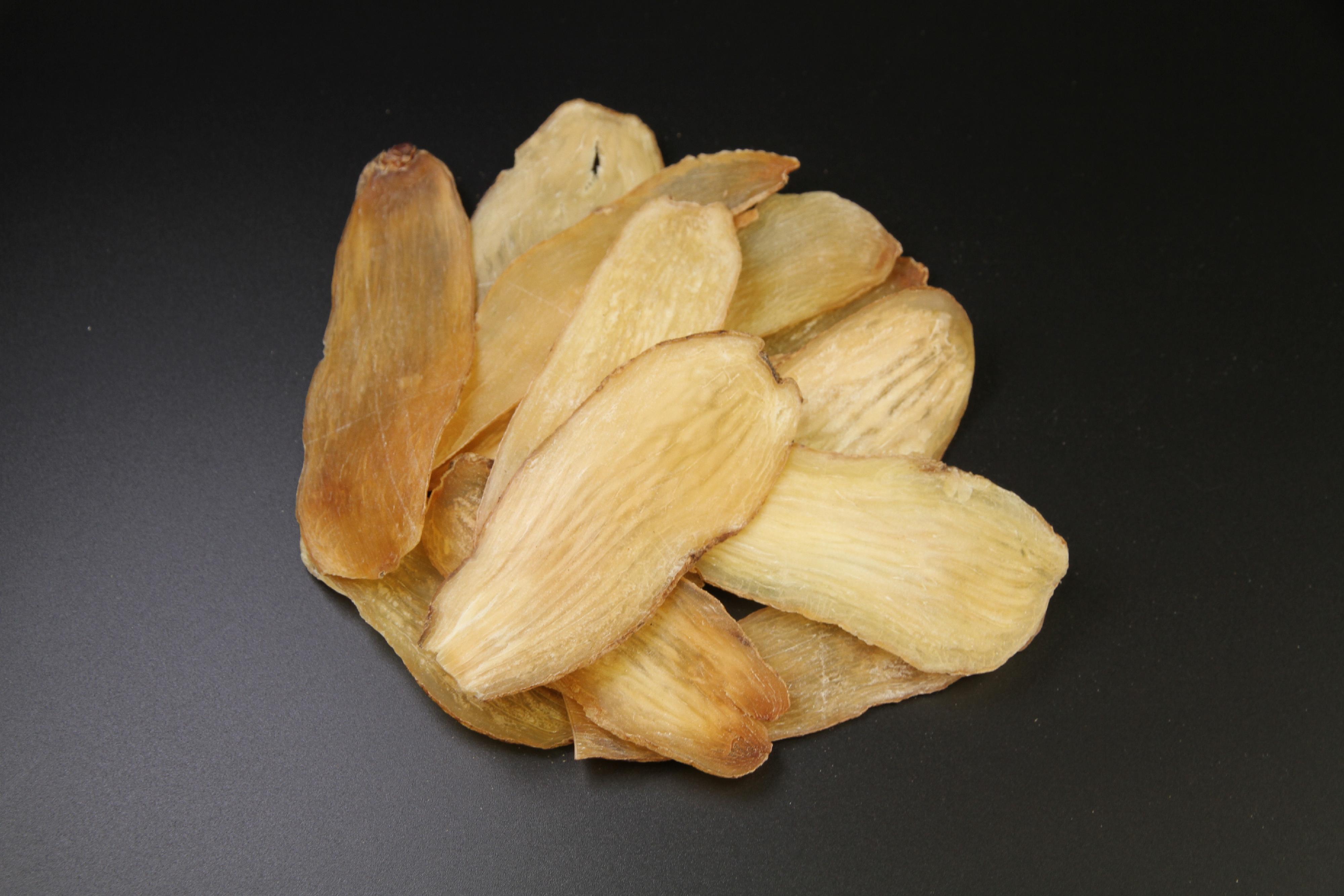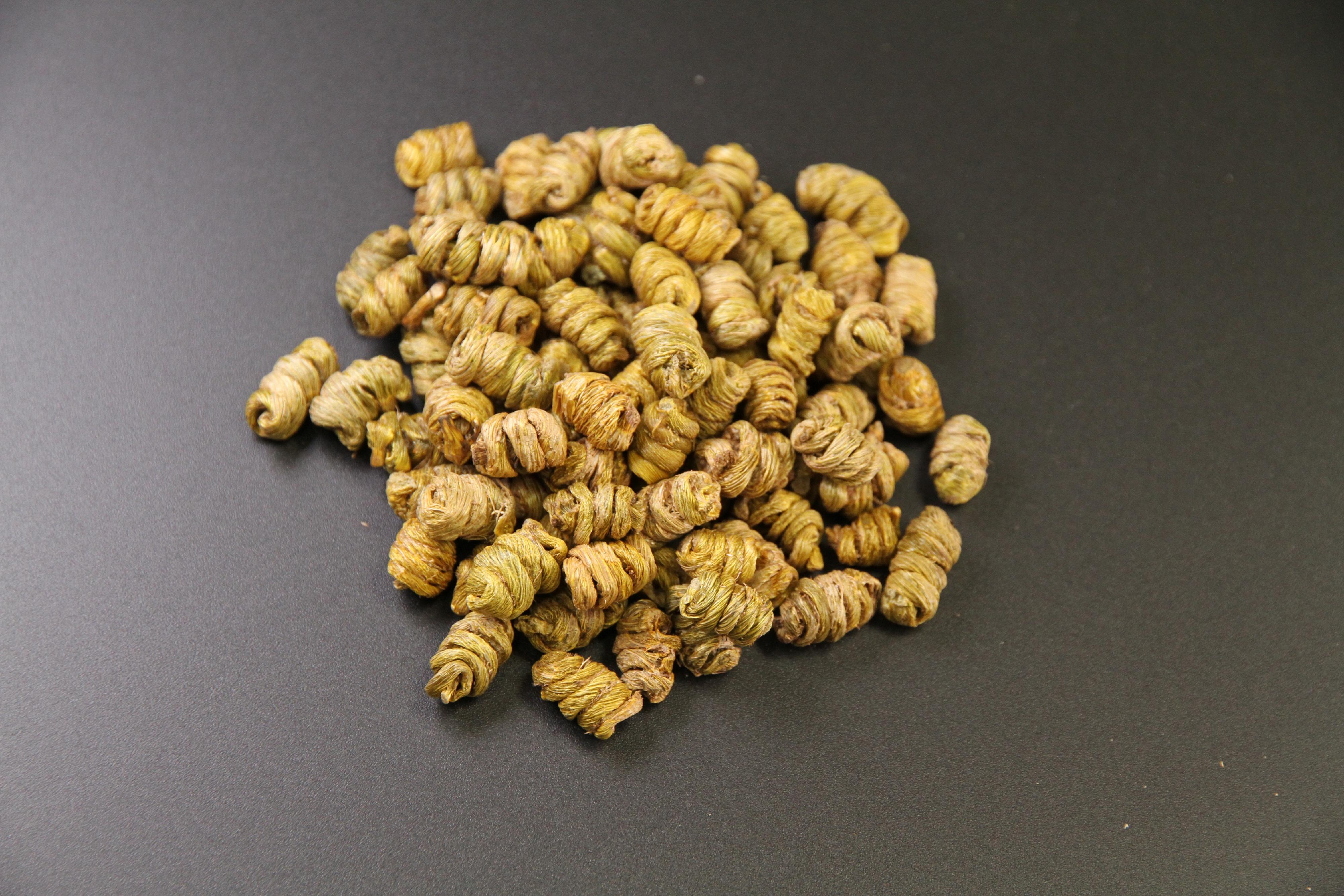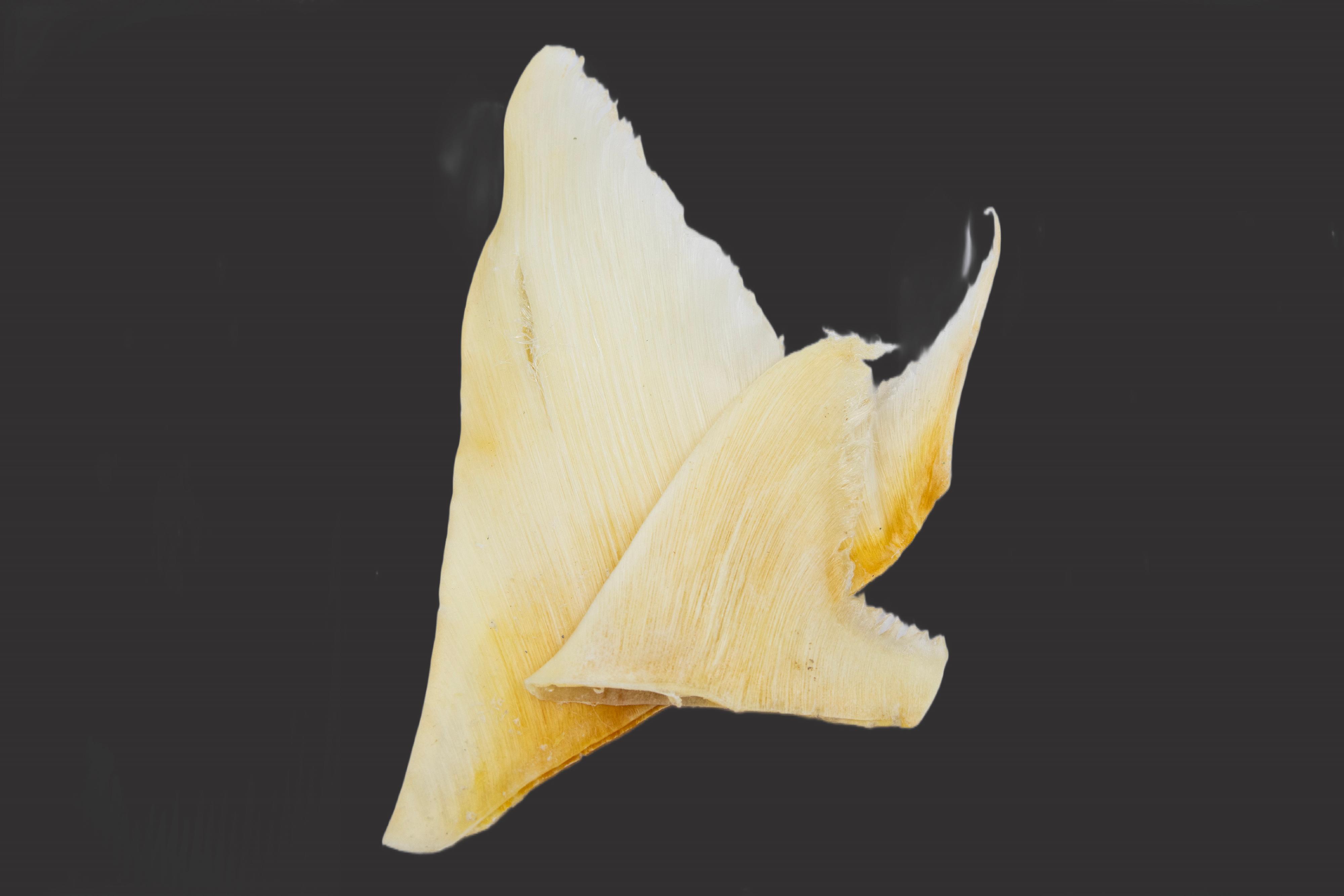Food Wise Hong Kong Steering Committee supports enhancement of promoting food waste recycling to prepare for implementation of MSW charging (with photos)
The Food Wise Hong Kong Steering Committee held its 11th meeting today (February 1). Members expressed support for enhancing the promotion of food waste recycling to prepare for the implementation of municipal solid waste (MSW) charging on August 1.
The meeting was chaired by the Under Secretary for Environment and Ecology, Miss Diane Wong. "At present, about 11 100 tonnes of MSW are generated each day and food waste accounts for about 30 per cent of MSW disposal. To prepare for the implementation of MSW charging, in addition to promoting a food wise and waste less culture, the Environmental Protection Department has been continuously implementing various measures for collecting food waste from commercial and industrial entities as well as domestic sectors. In order to reduce the disposal of food waste at landfills, active participation and co-operation from the public and all sectors in the community are necessary," Miss Wong said. She expressed gratitude to all members for their valuable advice and participation in soliciting support from stakeholders of their trades in this regard.
At the meeting, members examined the latest progress of the Food Wise Hong Kong Campaign and were briefed on the Government's food waste management strategies and their implementation. They also recognised the importance of the Campaign in reducing food waste. Since its launch in 2013, the Campaign has been promoting a "food wise and waste less" culture through carrying out various schemes and activities, such as the "Food Wise Charter" and "Food Wise Eateries", as well as the publicity of the "Big Waster" to encourage behavioural changes of the community to avoid and reduce the generation of food waste at source. With the implementation of MSW charging on August 1 this year, the Steering Committee considered that it is important to collaborate with different sectors of the community in reducing and recycling food waste by enhancing promotion and education. In this connection, the Steering Committee agreed to extend the Campaign for two years, and proposed to launch a series of events to train, support, promote and educate various sectors of the community to encourage and facilitate them to participate in food waste reduction and recycling.
The Steering Committee also expressed that public awareness of the MSW charging is the determining factor of its effectiveness. The Steering Committee supports the Government in continuing to explain the details of the implementation of MSW charging to all sectors and to enhance promotion on support measures in waste reduction and recycling proactively. The members commit to working collaboratively with the Government and will actively promote the MSW charging and food waste recycling to the trade and relevant stakeholders. They will call on their partners to continue providing staunch support in promoting the measures for achieving the vision of "Waste Reduction‧Resources Circulation‧ Zero Landfill" .
The Steering Committee was set up in 2012 and is tasked with formulating and overseeing the implementation strategies of the Campaign, which aims to promote public awareness of food waste problems in Hong Kong, and co-ordinate efforts within the Government and public institutions to lead by example in food waste reduction, as well as encouraging and facilitating the source separation and recycling of unavoidable food waste. The Steering Committee is set up with members drawn from relevant sectors, including catering and hotels, property management, environmental hygiene services, education, advertising, green groups, and relevant government departments. The membership list of the present term of the Steering Committee is at Annex.
